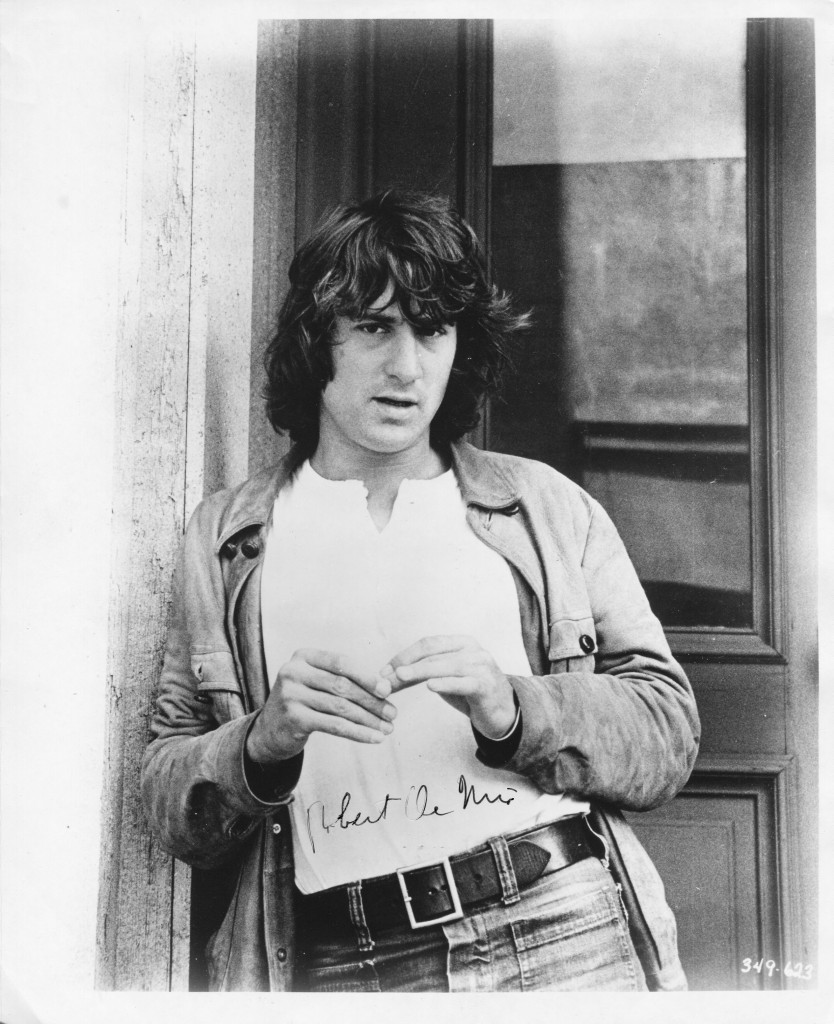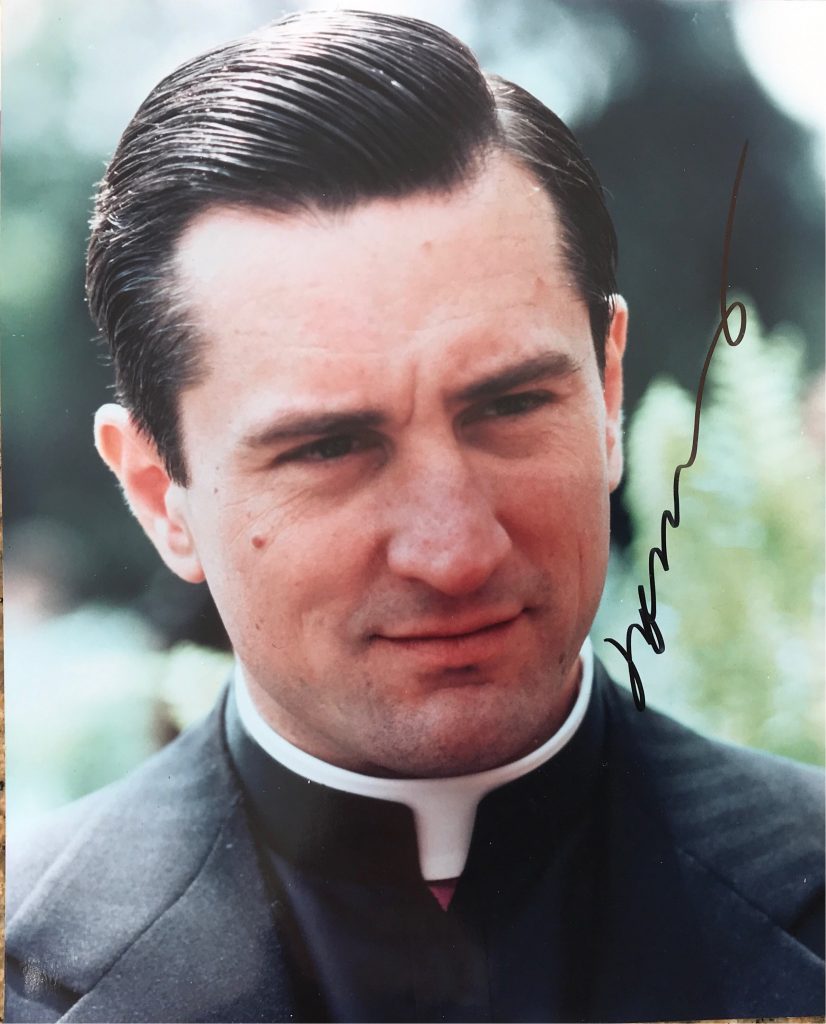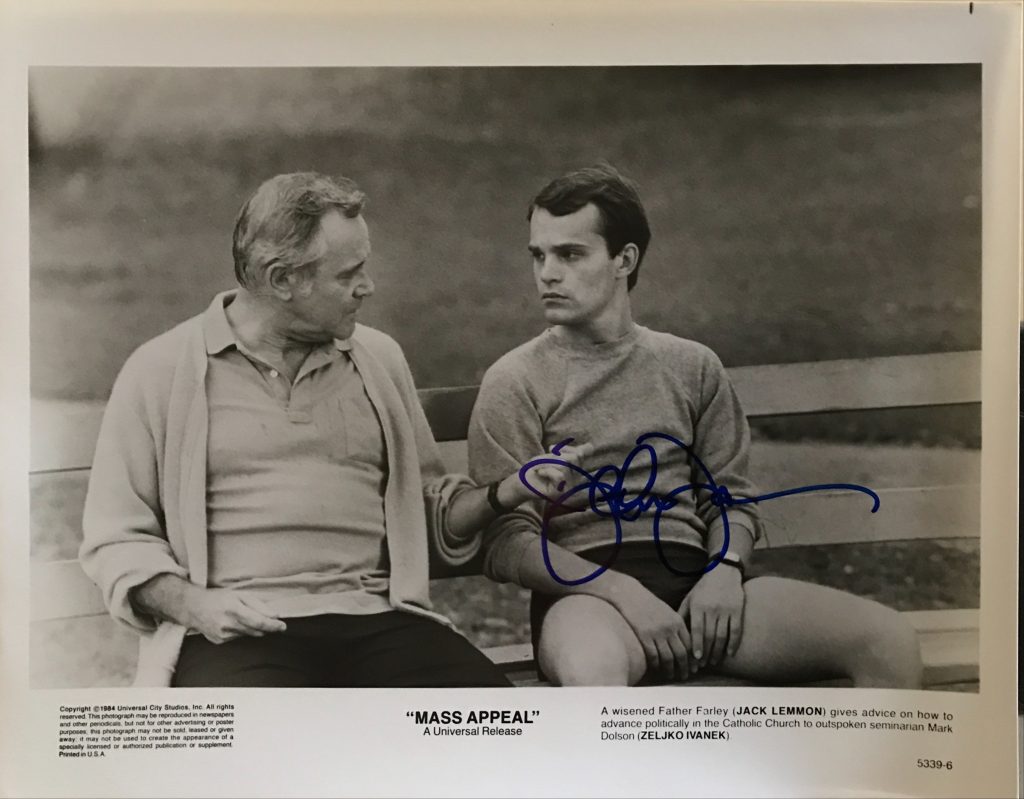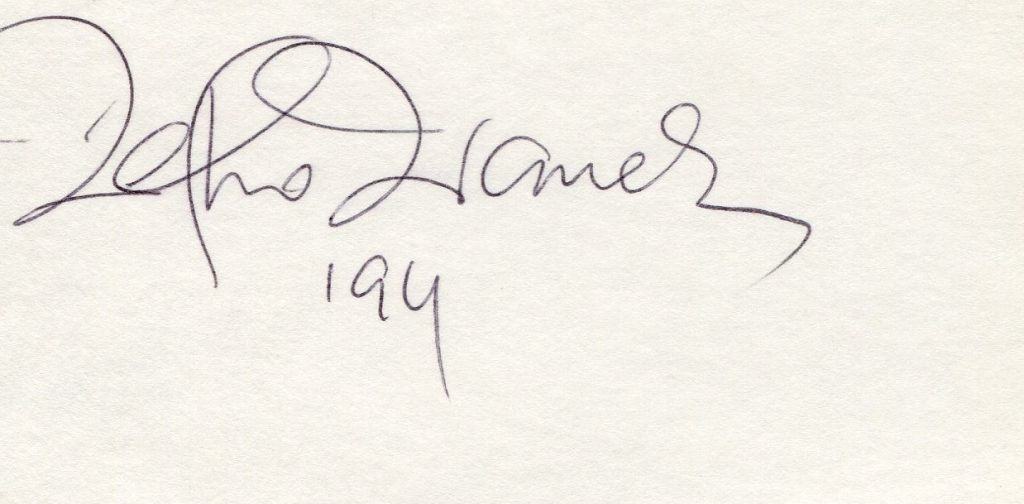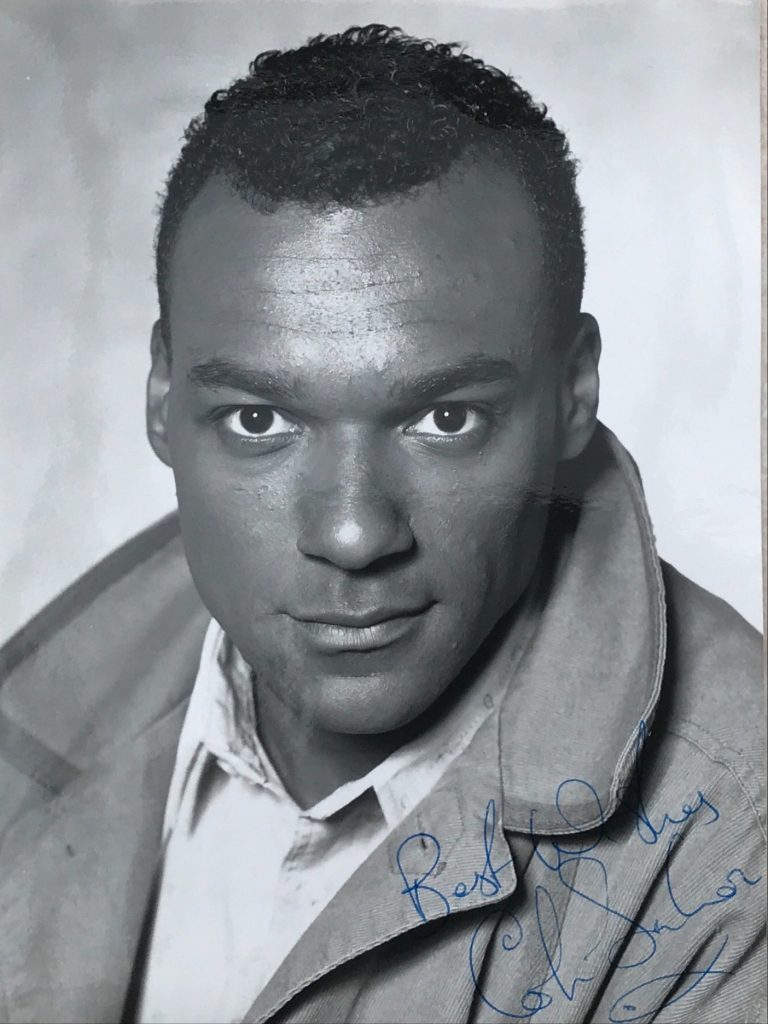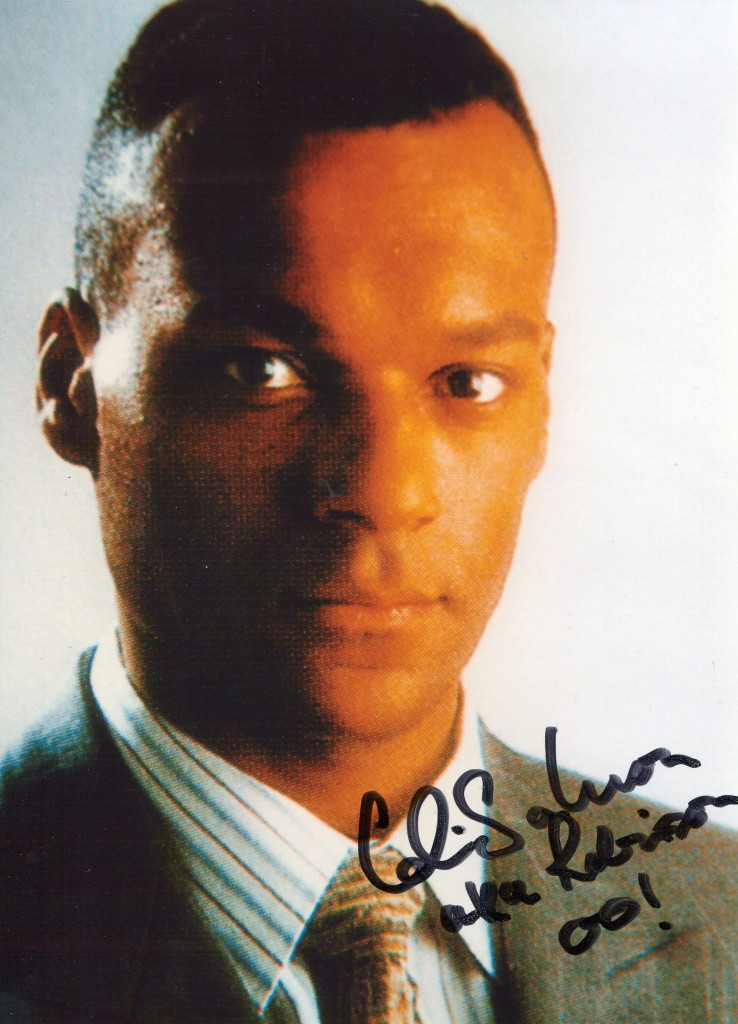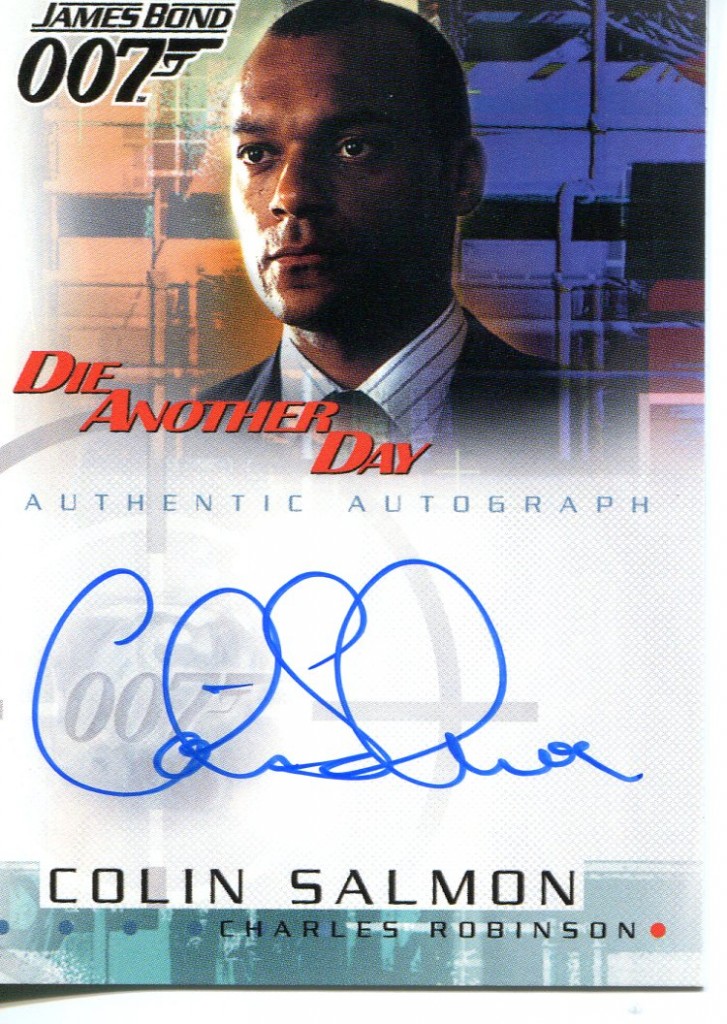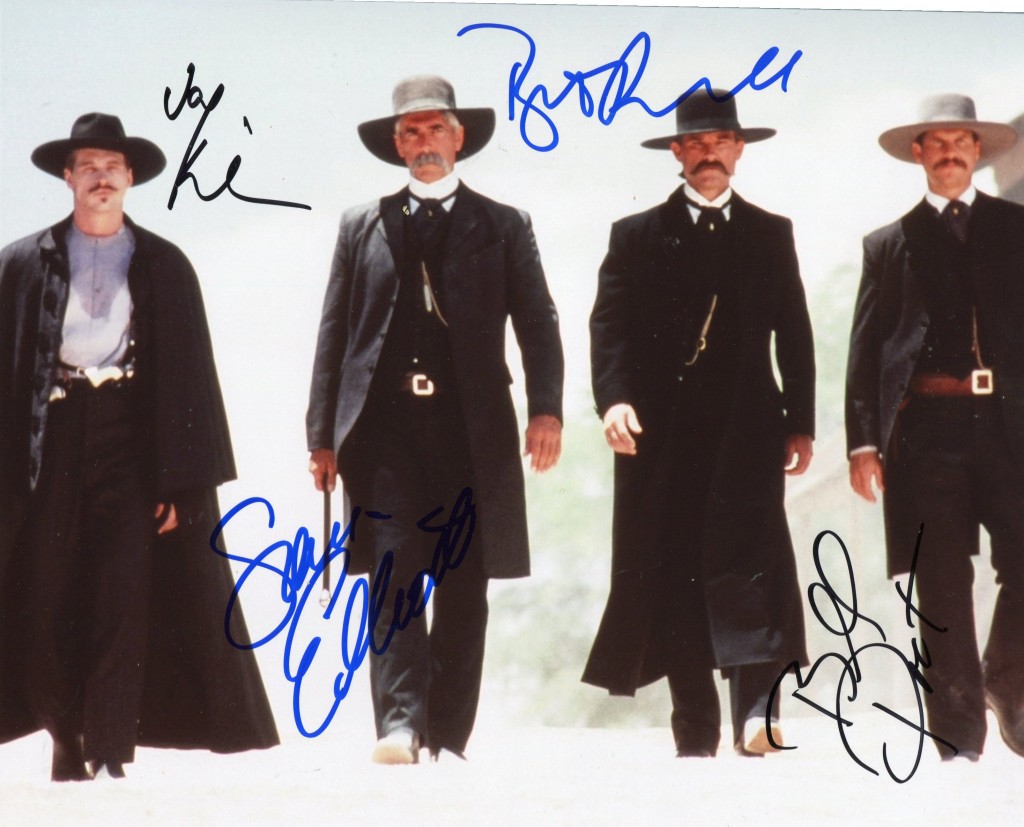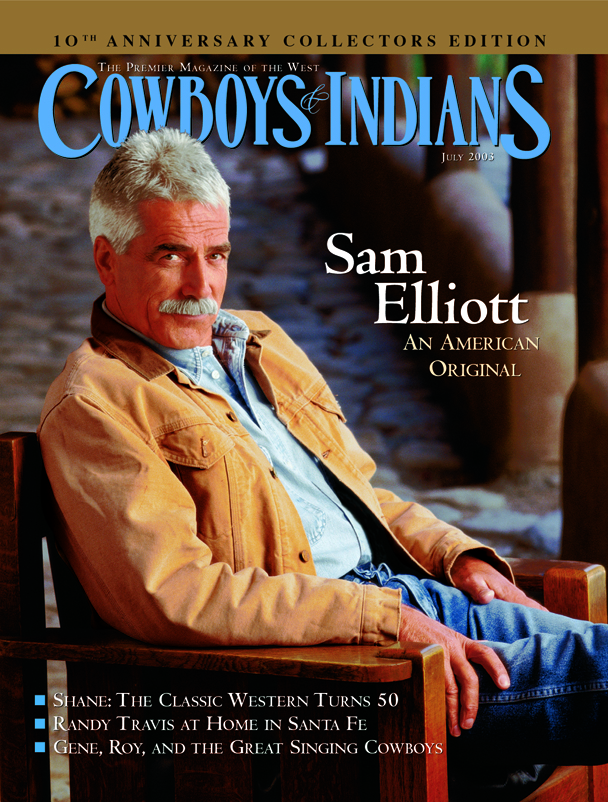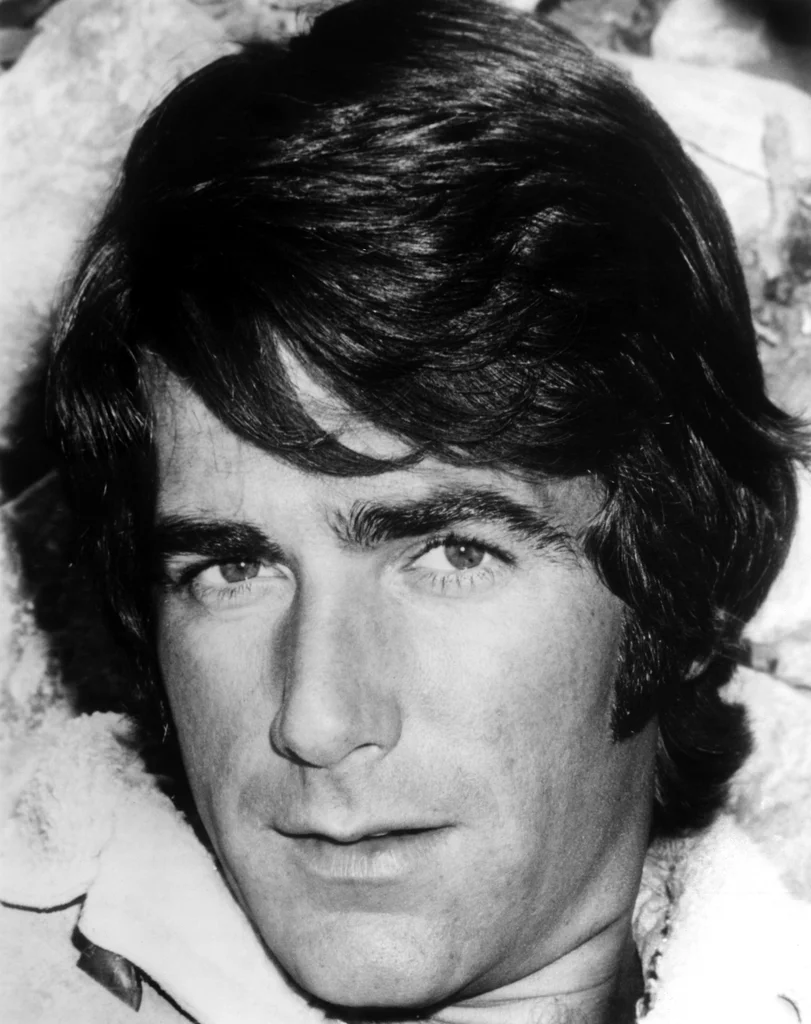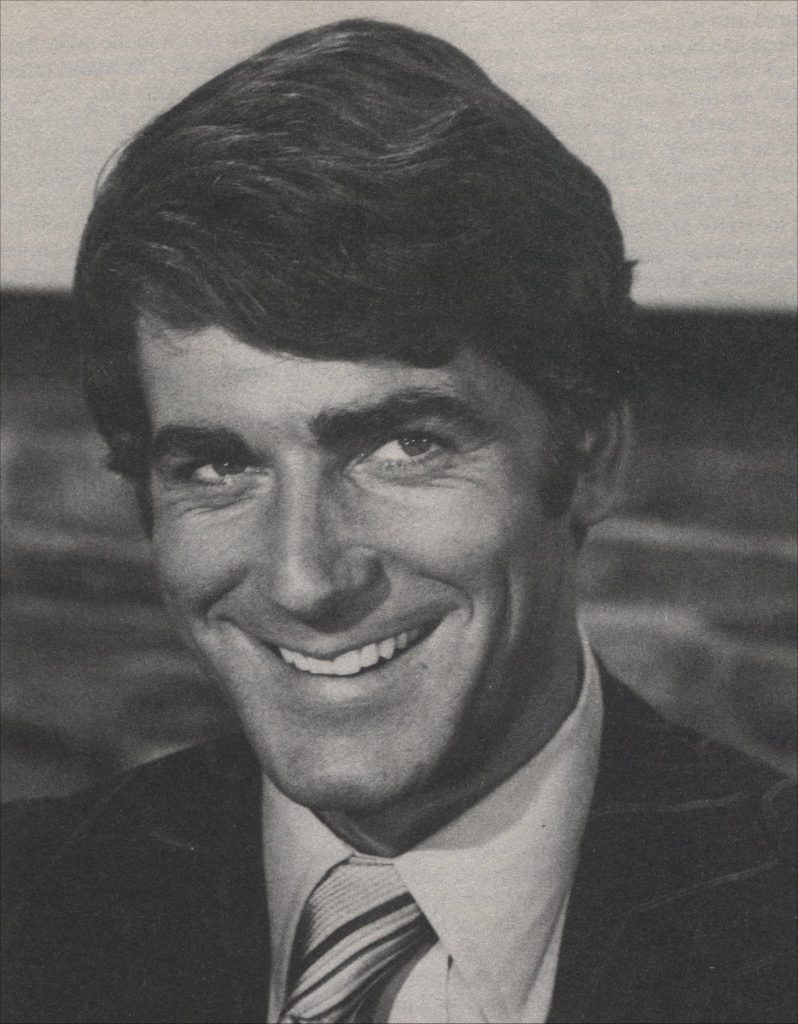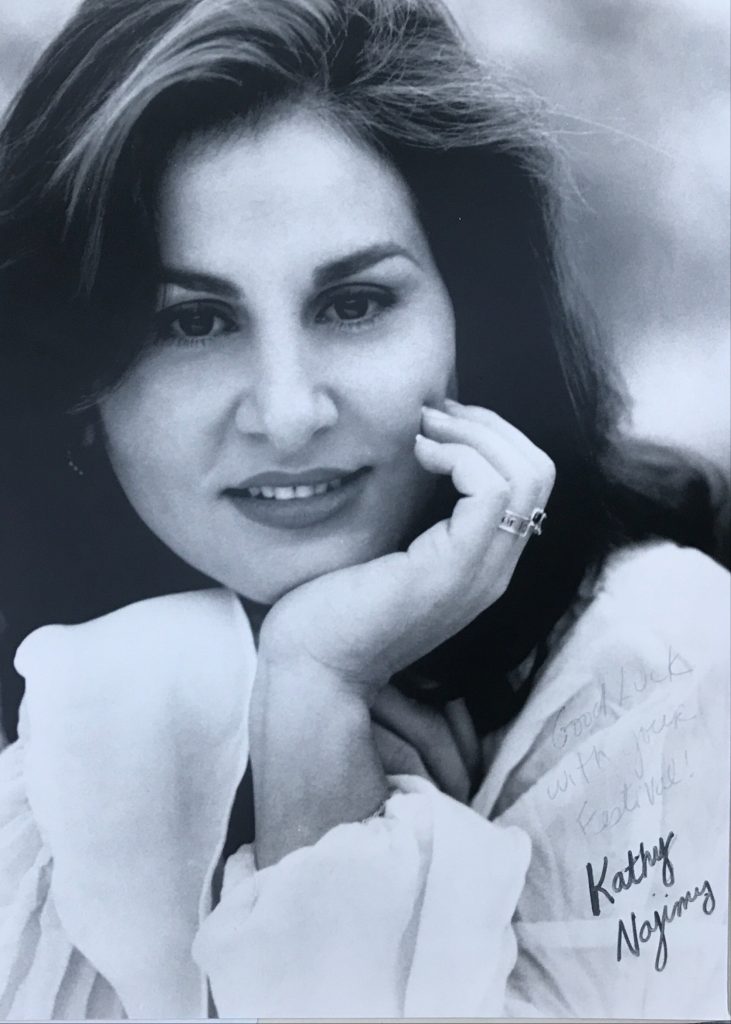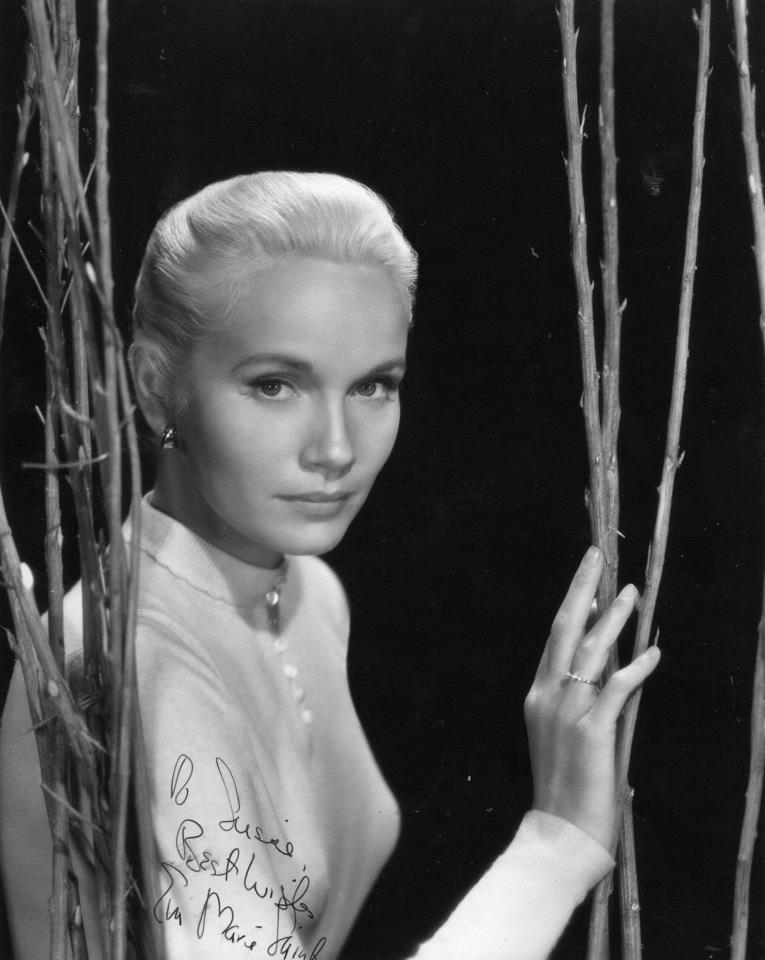
Eva Marie Saint. TCM Overview.
Eva Marie Saint was born in Newark, New Jersey in 1924. She began her professional acting career in television drama and made her film debut as Edie Doyle in 1954 in “On the Waterfront” opposite Marlon Brando. She won an Oscar for her performance. Her other films include “Raintree County” opposite Montgomery Clift and “A Hatful of Rain” opposite Don Murray. She gave a magnificent performance opposite Cary Grant as a cool Hitchcock blonde heroine in “North by Northwest” in 1959. Her other major films include “Exodus” in 1960 opposite Paul Newman and “All Fal Down” in 1962 opposite Warren Beatty. In 2005 she starred with Jessica Lange in “Don’t Come Knocking”. Now nearly 95, it is good to see her still working.
TCM Overview:
Though her film appearances were sporadic at best – less than 20 movies between 1955 and 2006 – Academy Award winner Eva Marie Saint enjoyed revered status among her peers due to her emotionally complex performances in several iconic films. She was perhaps best known as the delicate object of affection for dock worker Marlon Brando in “On the Waterfront” (1951), which earned her an Oscar. She would play variations on the role in several subsequent features, including “A Hatful of Rain” (1957), though Alfred Hitchcock would tap her inner sexiness as a double agent opposite Cary Grant in “North by Northwest” (1959). Sadly, the majority of Saint’s films never rose to her skill level, so she found more substantive work on television, where she contributed greatly to such projects as “Fatal Vision” (1984) and “People Like Us” (1990). Her return to the big screen in “Superman Returns” (2006) reminded moviegoers not only of her timeless, ethereal beauty, but her acting chops, which – though rarely given their proper showcase – had been substantial enough to hold her own against the Brando’s and Grant’s of the world.
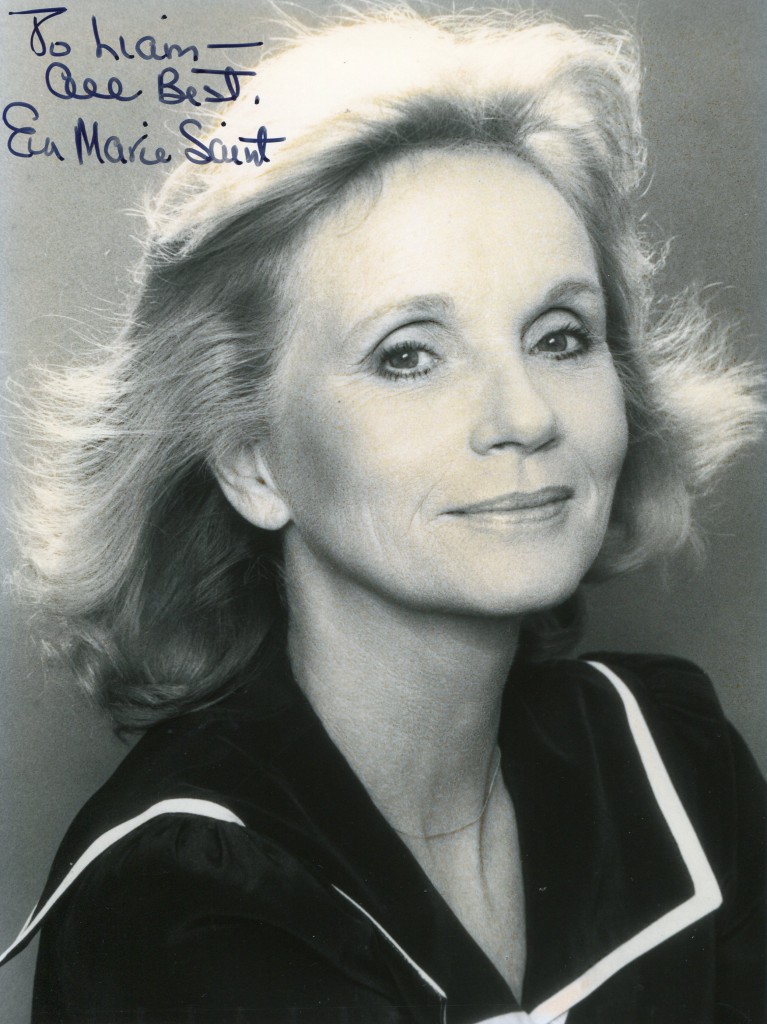
Born July 4, 1924 in Newark, NJ, Saint discovered acting as a student at Ohio’s Bowling Green State University, which would later pay tribute by naming a campus theater after her. Her first exposure to a national audience came via radio and television dramas in the 1940s, where she made a name for herself with sensitive portrayals of young women, most notably as Emily Webb opposite Paul Newman and Frank Sinatra in a production of “Our Town” for “Producers’ Showcase” (NBC, 1954-57) and “Middle of the Night” for “Philco TV Playhouse” (NBC, 1948-1955), which brought her a Emmy nomination in 1955. Saint also scored a professional triumph on Broadway opposite the legendary Lillian Gish in “The Trip to Bountiful,” which earned her a Drama Critics Award in 1953. Saint’s solid reputation among critics was becoming reinforced so often that she was referred to as “the Helen Hayes of television.”
Saint’s film debut was equally laudable. Director Elia Kazan cast her as Edie Doyle, the young sister of a murdered dockworker who captures the heart of rough dockhand Terry Malloy (Marlon Brando). A marvel of carefully modulated emotions, alternately delicate and fiery in her scenes with Brando, and especially in her confrontation with Karl Malden’s waterfront priest, Saint’s performance catapulted her to fame and earned her a Best Supporting Actress Oscar in 1954.
The success of her “Waterfront” performance elevated Saint to the forefront of Hollywood actresses, and for a period of five years, she could be counted upon to bring emotional depth and grace to serious dramas. She received a Golden Globe nomination in 1958 as the pregnant wife of Don Murray’s drug-addicted war veteran in “A Hatful of Rain,” and excelled as Montgomery Clift’s jilted sweetheart in Edward Dmytryk’s Civil War drama, “Raintree Country” (1957).
Both roles were squarely in the mold of her “Waterfront” character – lovelorn, seemingly fragile but possessed of a bottomless emotional reserve – but Alfred Hitchcock saw another side to the actress when he cast her in his espionage drama, “North by Northwest” (1959). The Hitchcock thriller – one of the director’s best loved – thrust Saint into entirely new territory as a coolly seductive spy who comes to the aid of but falls in love with advertising executive Cary Grant. The actress, who garnered considerable publicity for trimming her signature waist-length hair for the role, even indulged in several action sequences, most notably the famed showdown on Mount Rushmore that served as the film’s conclusion. While some pundits may have viewed the marriage of a dramatic actress like Saint with an action-thriller as an awkward match, the results were entirely pleasing, and Saint received some of the best reviews of her career for the performance.
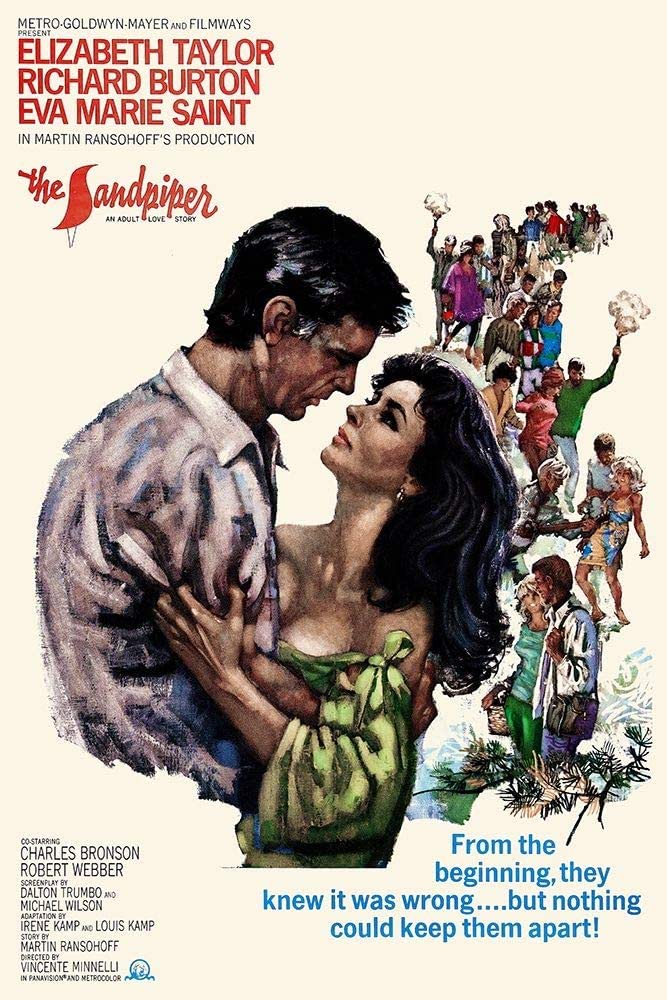
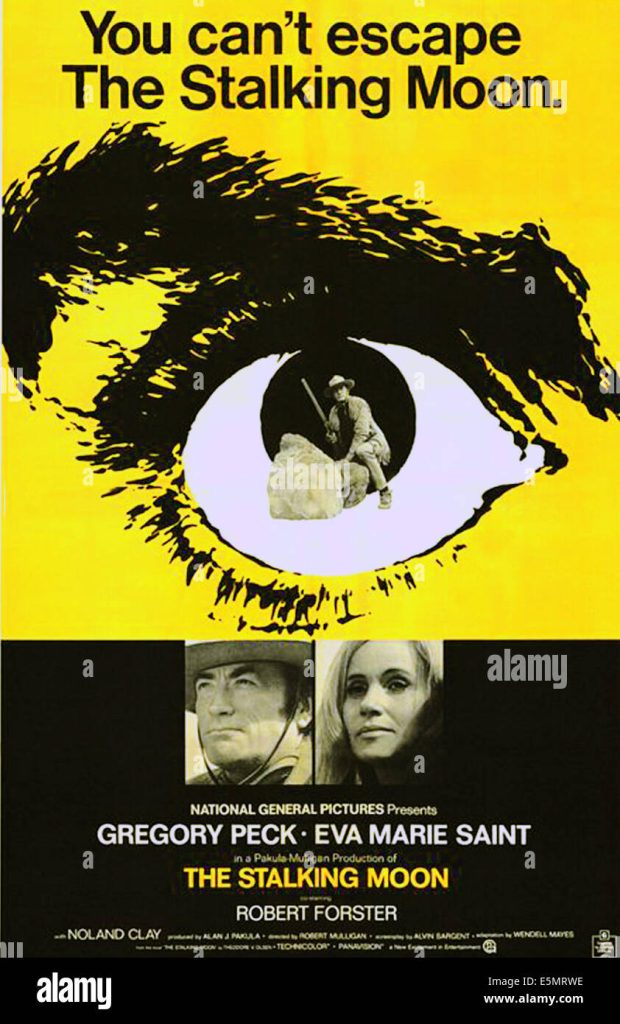
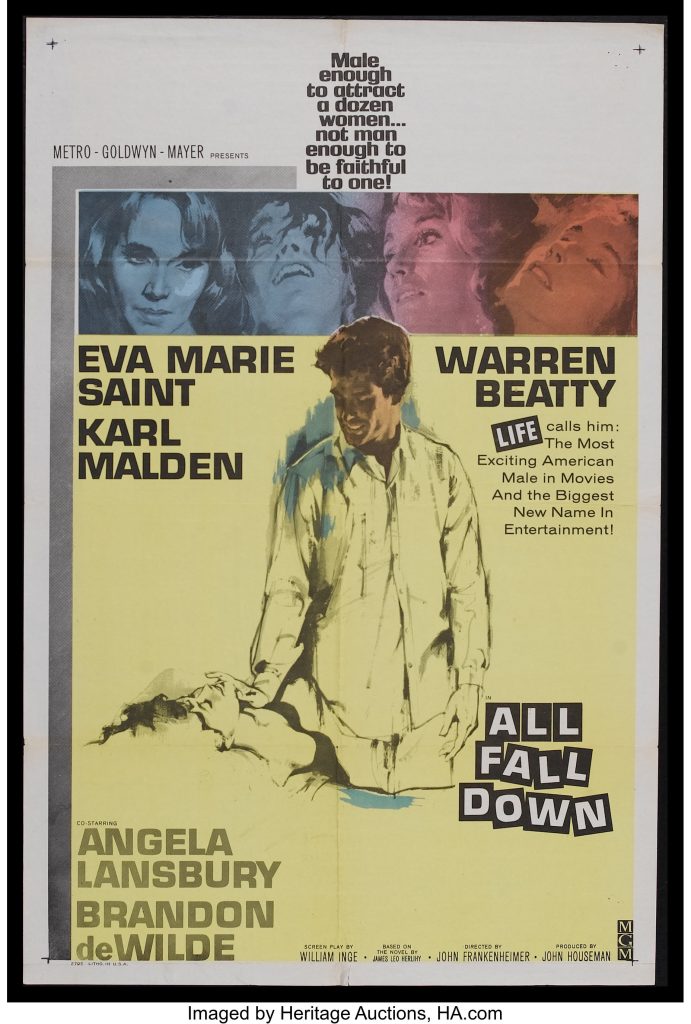
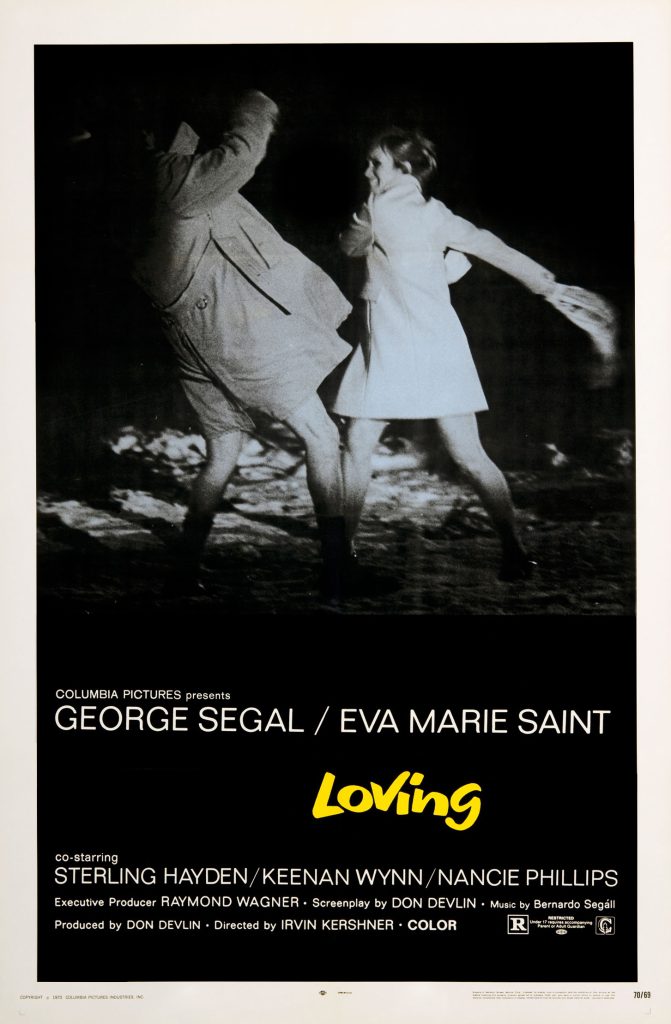
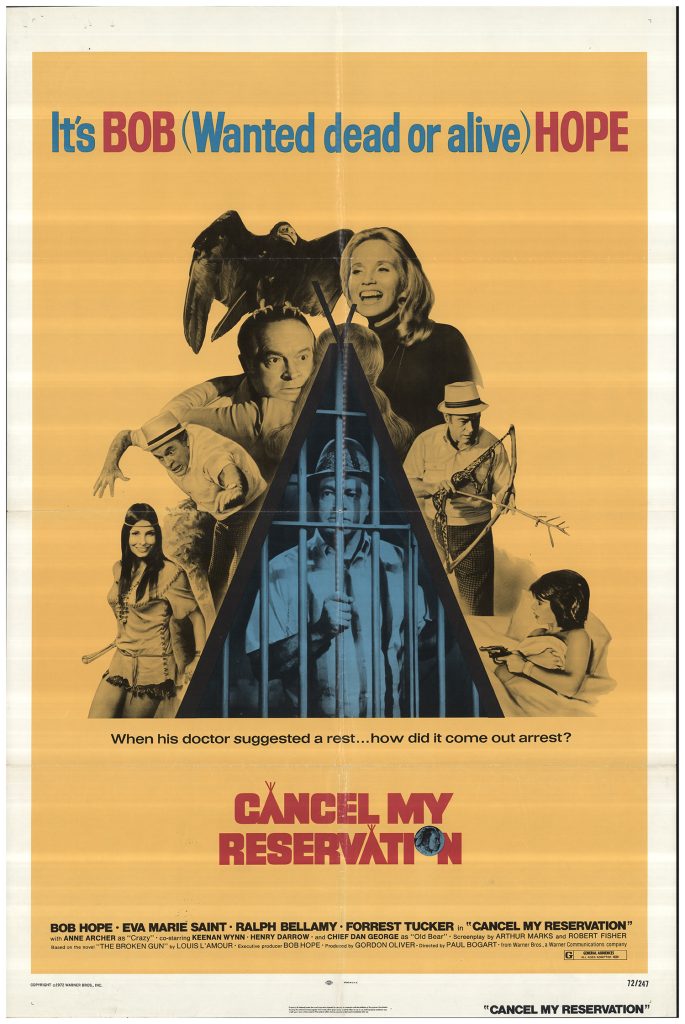
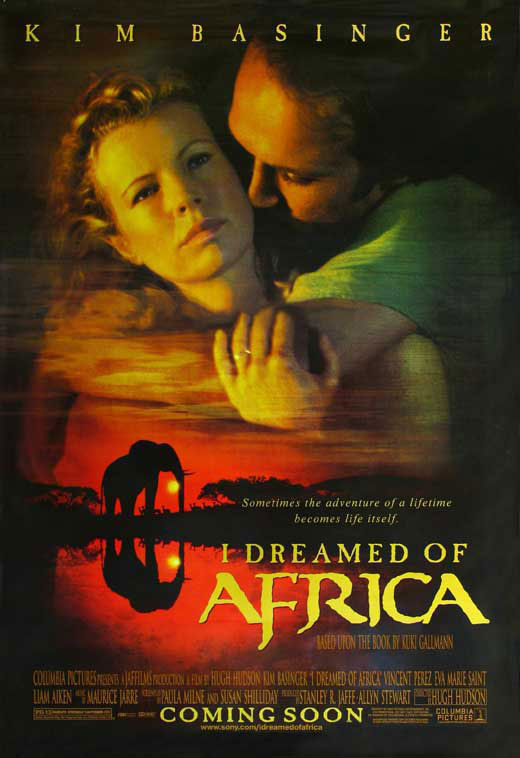
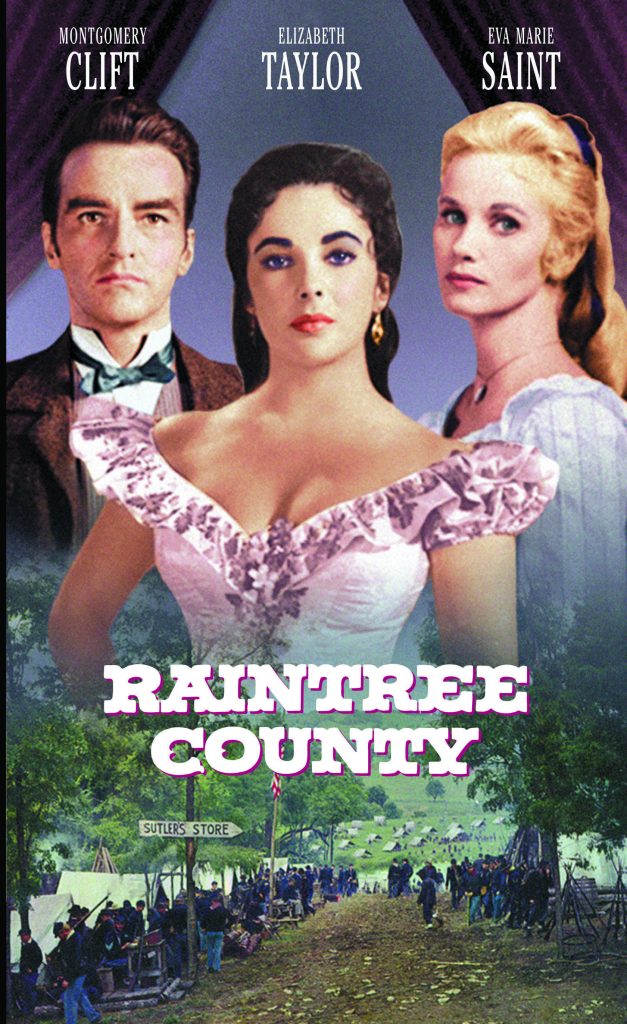
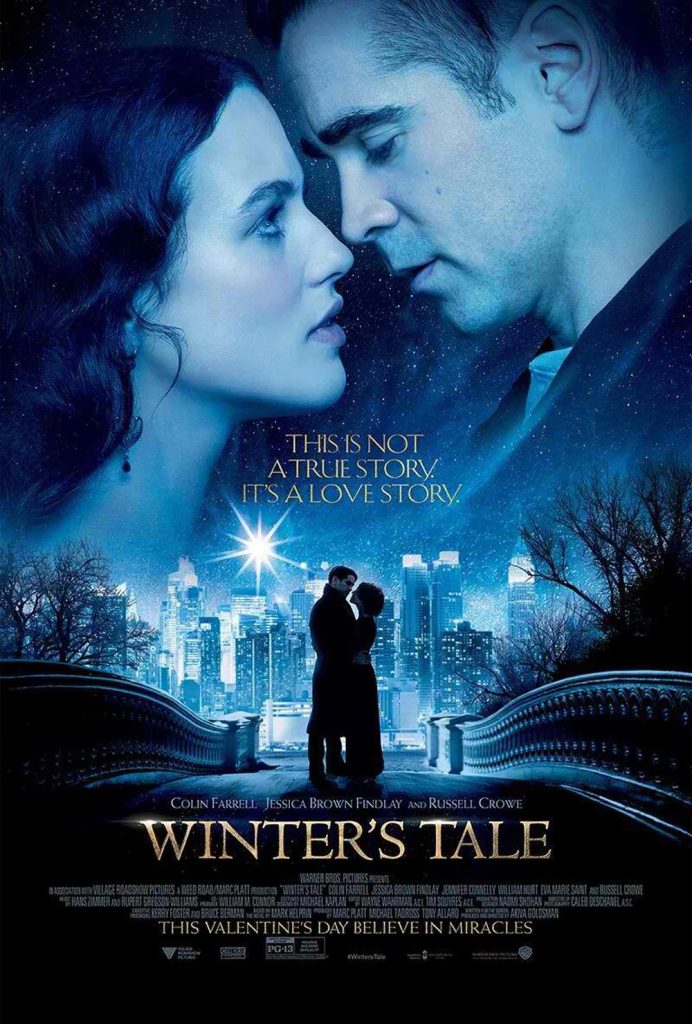
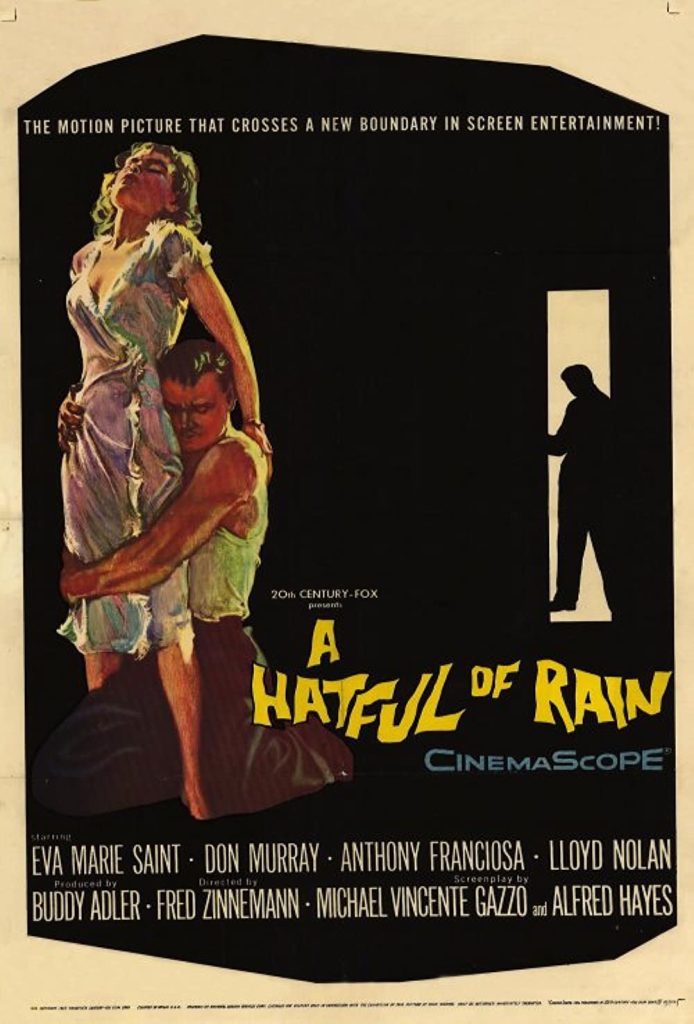
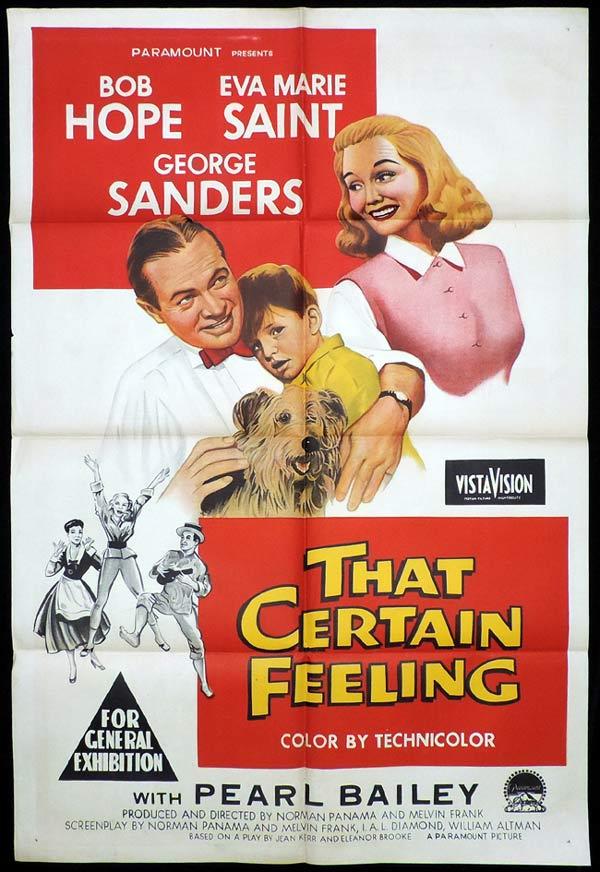
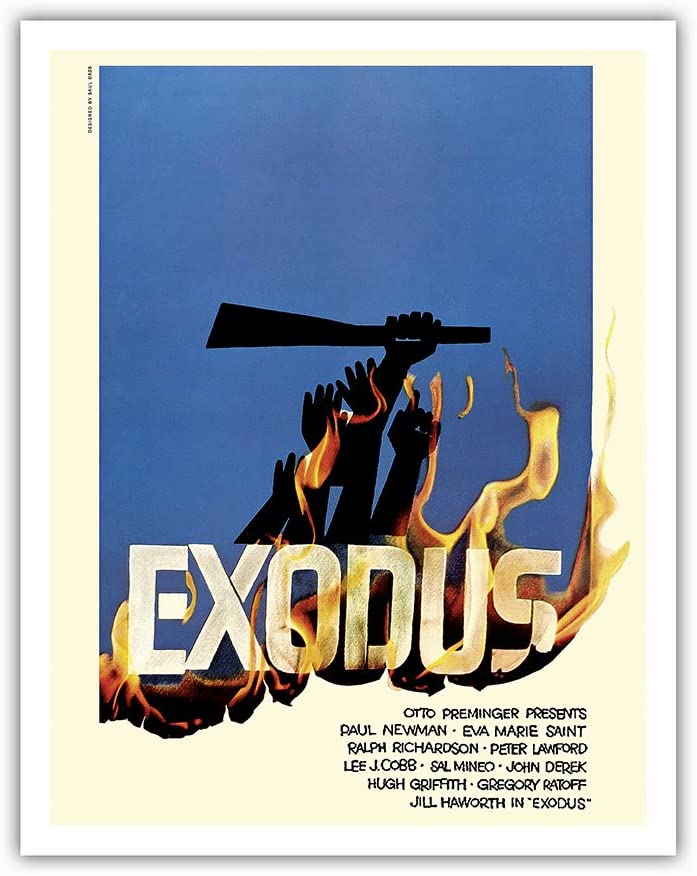
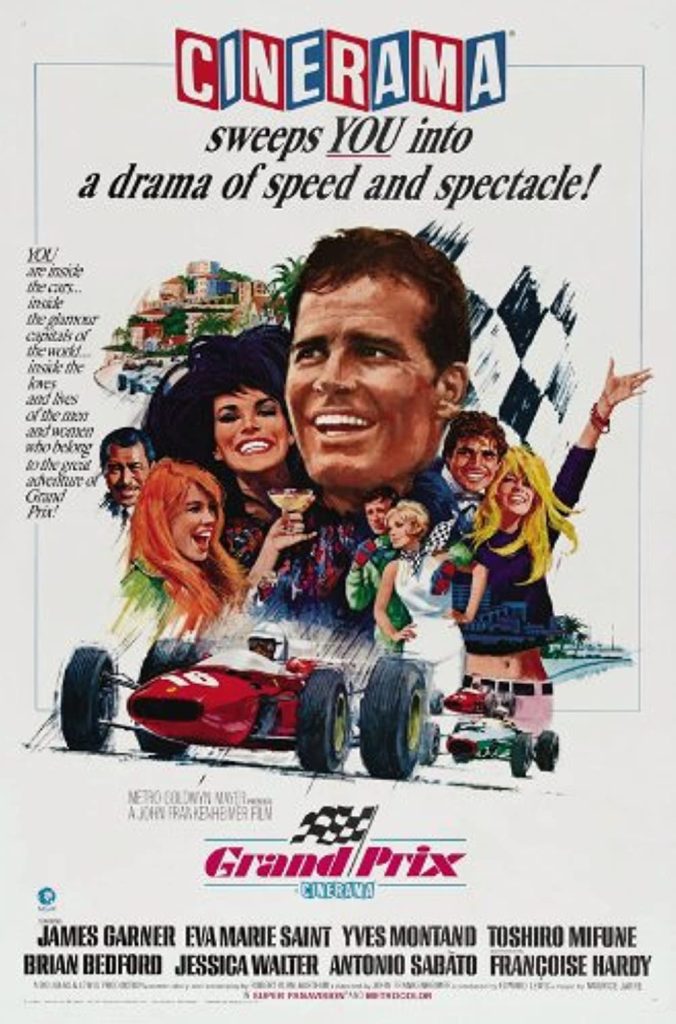
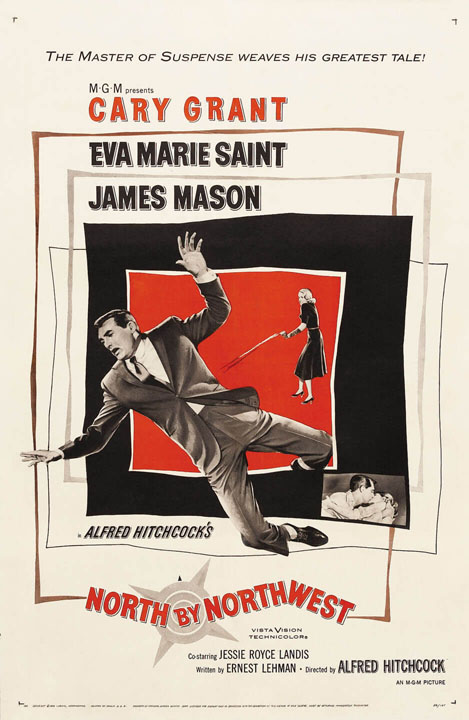

Though “Northwest” and her previous efforts had made Saint a star, by 1960 she was actively moving away from the Hollywood machine to spend more time with her husband, director Jeffrey Hayden, and their two children. As a result, her screen performances declined in number as the decade wore on. There were still several high-profile projects, most notably Otto Preminger’s “Exodus” (1960), which cast her as an American nurse who becomes involved in the founding of the state of Israel. Director John Frankenheimer used her in two very different pictures – the Southern drama “All Fall Down” (1962), which cast her as a pregnant girl destroyed by Warren Beatty’s wastrel, and the racing picture “Grand Prix” (1966). There were also supporting roles in “The Sandpiper” (1965) and “The Russians Are Coming! The Russians Are Coming!” (1966), but none were truly showcases for Saint’s talent. By the mid-1960s, she was appearing more frequently on television, which would regularly provide her with work for the next two decades.
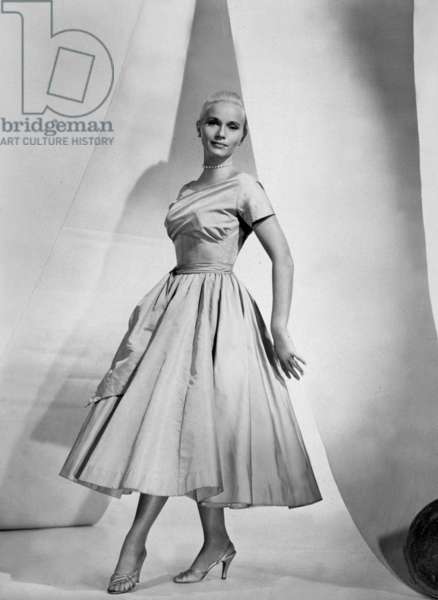
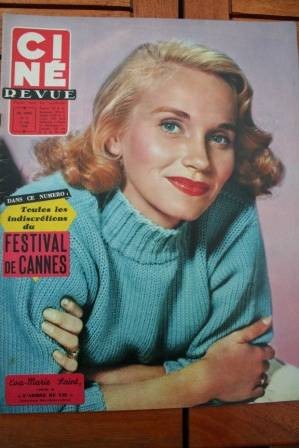
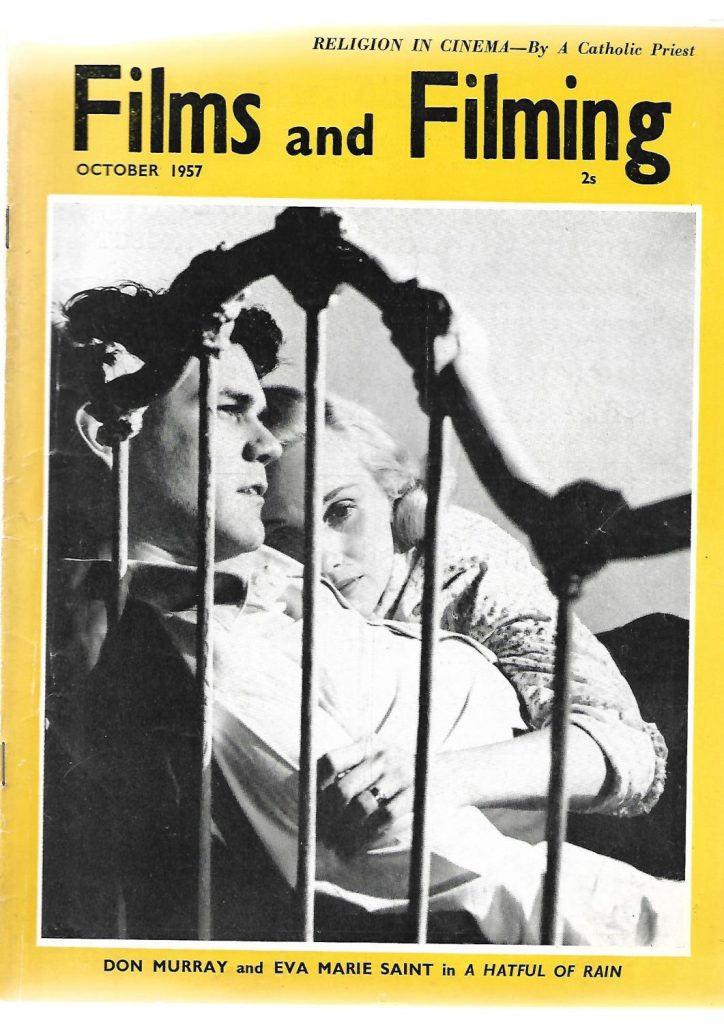
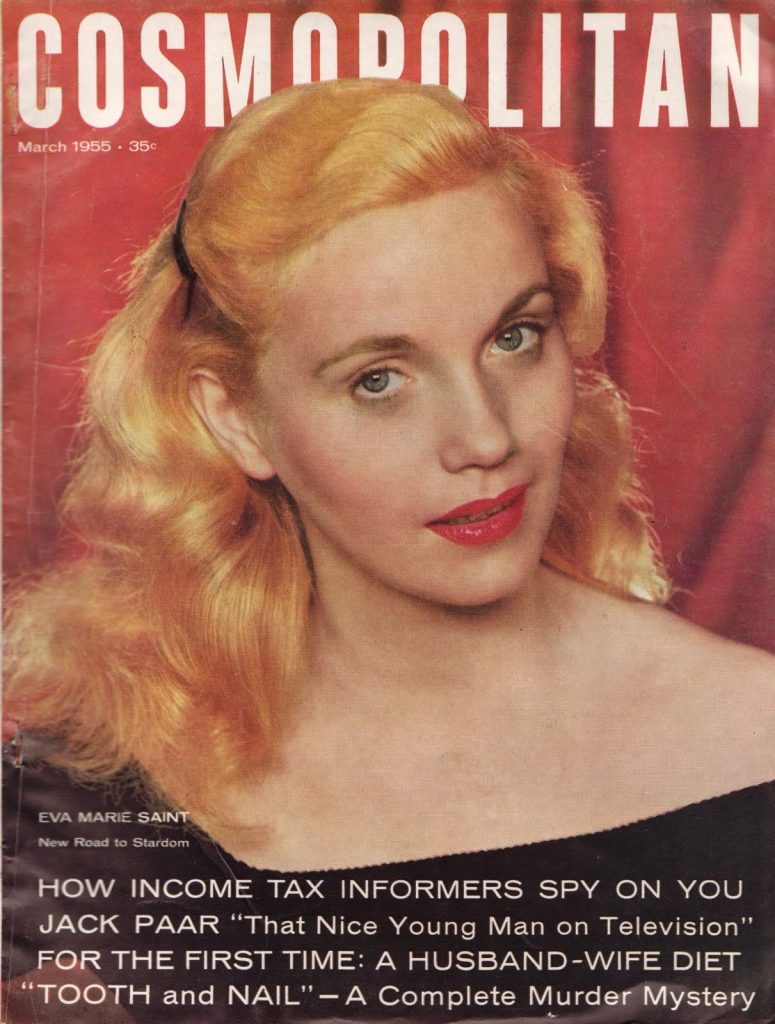
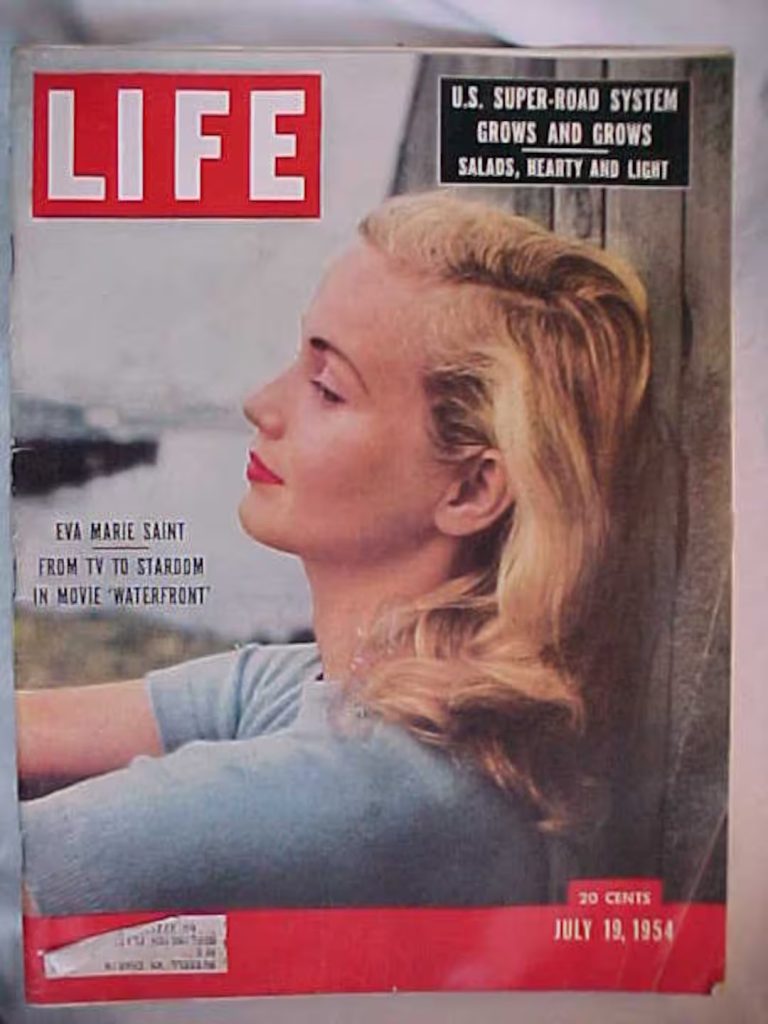
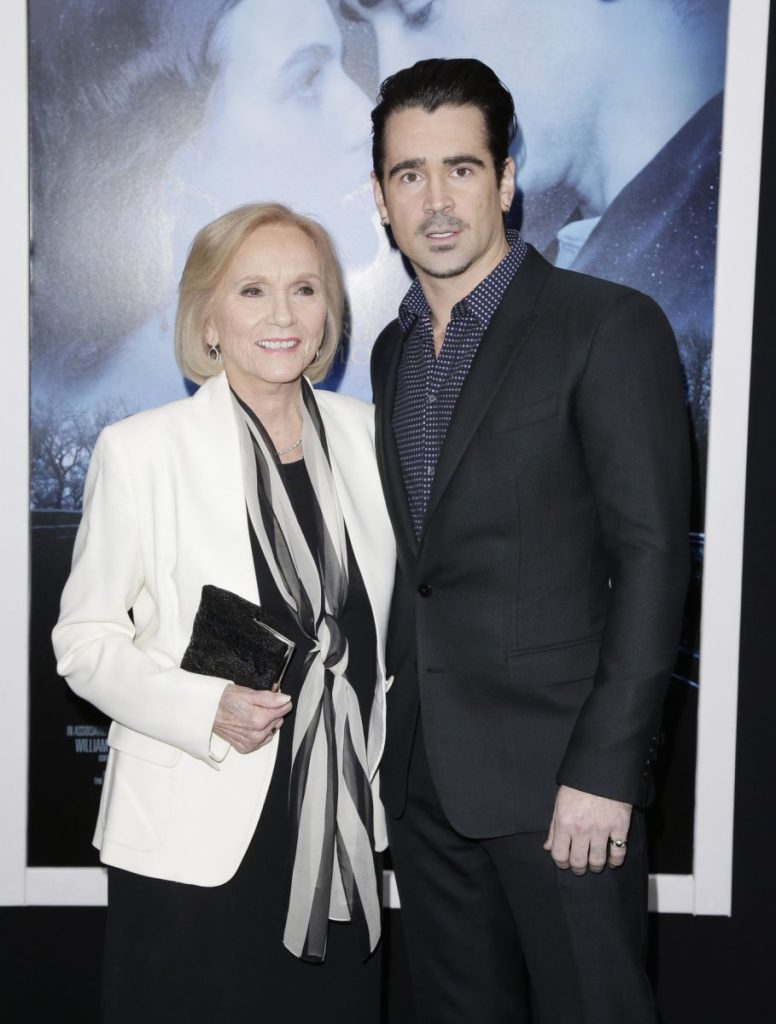
Saint made just two features in the 1970s, one of which – Irvin Kershner’s marital drama “Loving” (1970), which cast her as the harried wife of rudderless commercial artist George Segal – offered her one of the meatiest parts to come her way in decades. For the most part, she preferred the shorter commitment and more intimate stories of made-for- TV features. She brought immeasurable prestige to numerous productions, including “Taxi” (NBC, 1978), a two-person drama with Martin Sheen that brought her an Emmy nomination. Saint was also stellar in the POW drama “When Hell Was in Session” (NBC, 1979), as the mother of anorexic teen Jennifer Jason Leigh in “The Best Little Girl in the World” (ABC, 1981), and as the mother who fights to see justice for her slain daughter in “Fatal Vision” (NBC, 1984), which was based on the Jeffrey MacDonald murder trial.
Saint’s television schedule was remarkably active throughout the 1980s and 1990s. In addition to the aforementioned projects, she also appeared in the miniseries “A Year in the Life” (NBC, 1986), which hinged its dramatic arc on the death of her beloved family matriarch, and made several appearances as Cybill Shepherd’s mother on “Moonlighting” (ABC, 1985-89). In the middle of this flurry of work, she returned to moviemaking for the first time in over a decade as Tom Hanks’ mother in the Garry Marshall comedy “Nothing in Common” (1986). Critics applauded her return to features, but Saint was soon back on the small screen in numerous projects, including George C. Scott’s wife in “The Last Days of Patton” (CBS, 1986) and “People Like Us” (1990), an adaptation of a Dominick Dunne novel that won her an Emmy for Best Supporting Actress.
Saint began making inroads back to features in the late 1990s and early 2000s; most went largely unseen, like the Kim Basinger drama “I Dreamed of Africa” in 2000 and Wim Wenders’ “Don’t Come Knocking” (2005), which cast her as the mother of star and screenwriter Sam Shepard. However, “Superman Returns” (2006) afforded her one of her biggest film showcases ever as Martha Kent, the adoptive human mother of the Man of Steel. Saint displayed her enormous capacity for warmth in her scenes with newly-minted Superman, Brandon Routh, who experiences a crisis of conscience while attempting to revive his status as savior of Metropolis. The above TCM overview can also be accessed online here.



